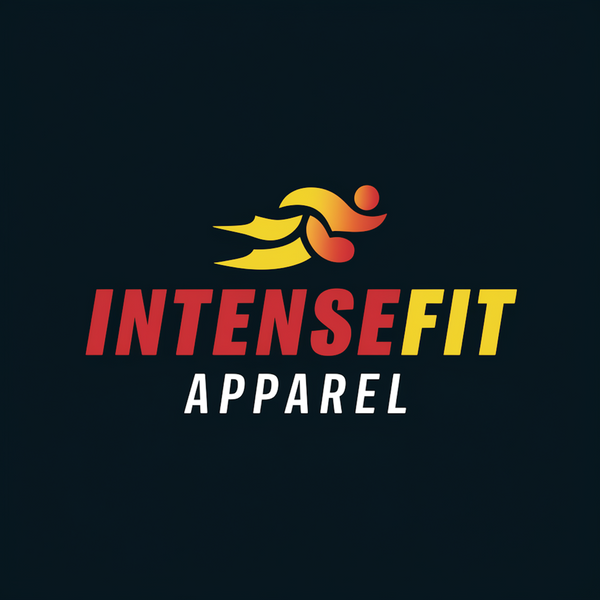Vegan Gains: Building Muscle on a Plant-Based Diet 🌱💪
Share
When people think of building muscle, they often picture chicken, steak, and protein shakes. But here’s the truth: you can absolutely build strength and size on a vegan diet — no animal products required. Plenty of elite athletes are proving that plants provide more than enough fuel for peak performance.
Let’s break down how it works, and also cover the challenges you’ll want to keep in mind.
The Pros of a Vegan Muscle-Building Diet
✅ High in nutrient-dense foods
Whole plant foods — beans, lentils, fruits, veggies, nuts, seeds — are packed with vitamins, minerals, and antioxidants. These not only fuel your workouts but also speed up recovery.
✅ Plenty of complex carbs for energy
Carbs are your body’s main energy source for lifting heavy and recovering well. Sweet potatoes, quinoa, oats, rice, and fruit keep glycogen stores topped off so you can push harder in the gym.
✅ Lower in saturated fat
Compared to animal-heavy diets, a vegan diet is generally lower in saturated fat, which may support heart health and overall longevity.
✅ Ethical and environmental benefits
Beyond muscle, many lifters choose veganism to align with personal values on animal welfare and sustainability.
The Cons (and How to Overcome Them)
❌ Lower protein density
Plant foods typically have less protein per calorie compared to meat, making it harder to hit high protein targets.
👉 Solution: Focus on protein-rich staples like tofu, tempeh, seitan, beans, lentils, and pea protein powders.
❌ Incomplete proteins
Most plant proteins don’t contain all essential amino acids in one source.
👉 Solution: Combine foods (like rice and beans) to create complete proteins, or mix up your protein sources throughout the day.
❌ Micronutrient gaps
Certain nutrients like Vitamin B12, iron, zinc, and omega-3s are harder to get from plants.
👉 Solution: Supplement smartly with B12, consider algae-based omega-3s, and focus on iron-rich foods (like lentils and spinach) with vitamin C to boost absorption.
❌ Higher food volume needed
Since plants are often lower in calories, you might need to eat more to reach your calorie and protein goals — which can feel like a lot of food.
👉 Solution: Add calorie-dense options like nuts, seeds, avocado, and plant-based protein shakes.
Bottom Line
Building muscle on a vegan diet is 100% possible — but it requires planning. By focusing on high-quality plant proteins, mixing protein sources, supplementing wisely, and eating enough calories, you can hit your strength and size goals without a bite of animal products.
At the end of the day, muscles don’t care if the protein comes from steak or soy — they care that you’re lifting, recovering, and staying consistent. 🌱💪
For more nutrition tips and fitness gear to match your grind, check out our full collection!
